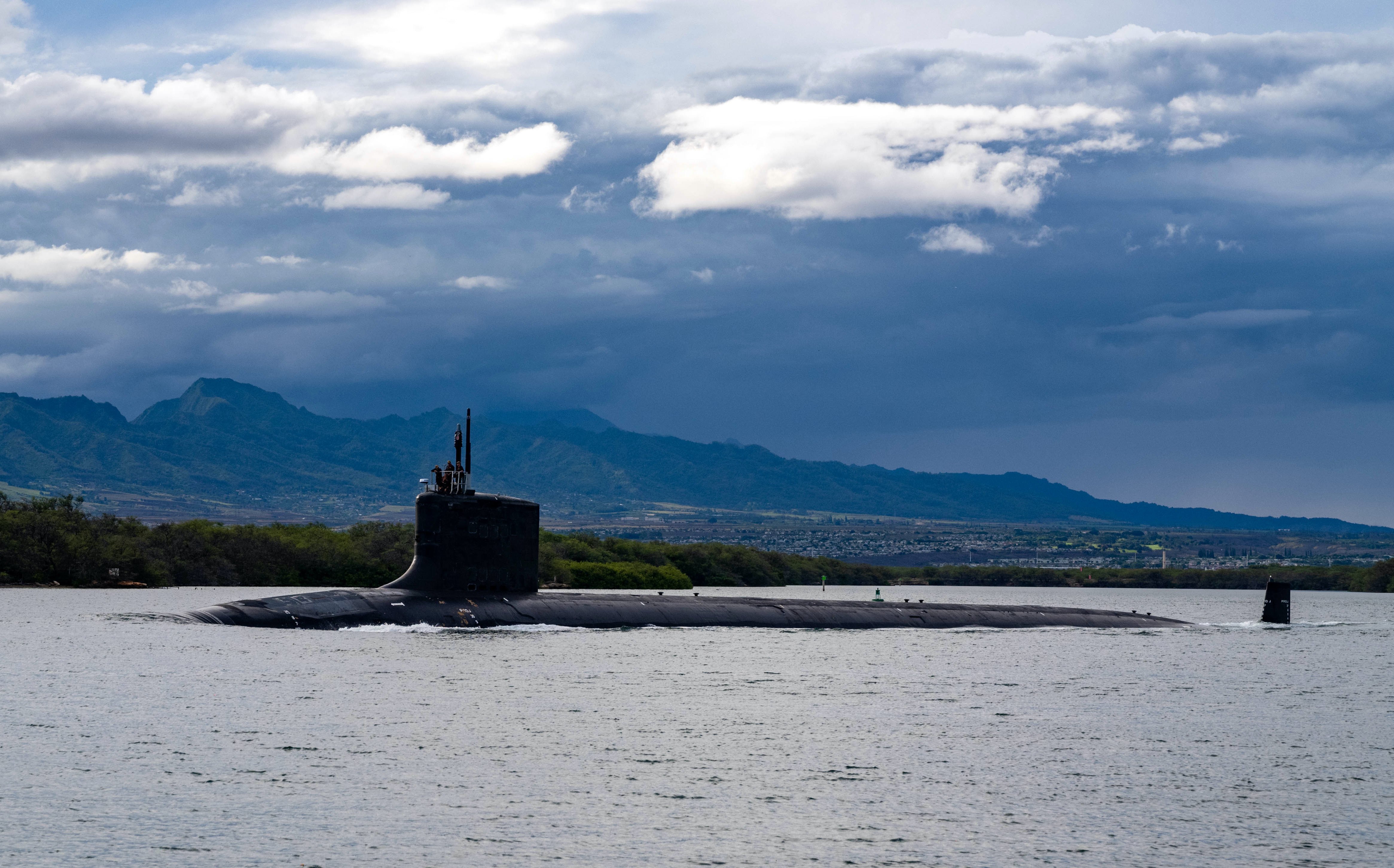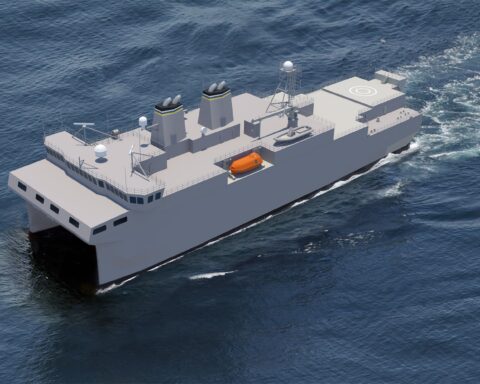The following is the Dec. 22, 2015 letter from Secretary of Defense Ash Carter to Sen. John McCain (R-Ariz.) outlining the U.S. Oct., 27 2015 freedom of navigation operation in the South China Sea.
Dear Mr. Chairman:
Thank you for your November 9, 2015, letter regarding U.S. military operations in the South China Sea.
As you know, our Freedom of Navigation Operations (FONOPS) are conducted in full accordance with international law. They are one aspect of our broader strategy to support an open and inclusive international security architecture founded on international law and standards. This system has benefited all nations in the Asia Pacific for decades and will be critical to maintaining regional stability and prosperity for the foreseeable future.
On October 27, 2015, the U.S. Navy destroyer USS Lassen (DDG-82) conducted a FONOP in the South China Sea by transiting inside 12 nautical miles of five maritime features in the Spratly Islands — Subi Reef, Northeast Cay, Southwest Cay, South Reef, and Sandy Cay — which are claimed by China, Taiwan, Vietnam, and the Philippines. No claimants were notified prior to the transit, which is consistent with our normal processes and with international law.
The operation was part of an ongoing practice of FONOPs that we have conducted around the world and will continue to conduct in the future. It was the seventh FONOP we have conducted in the South China Sea since 2011 and one of many that we have conducted around the world in the past year. In that sense, it was a normal and routine operation.
The United States does not take a position on which nation has the superior sovereignty claims over each land feature in the Spratly Islands. Thus, the operation did not challenge any country’s claims of sovereignty over land features, as that is not the purpose or function of a FONOP. Rather, this FONOP challenged attempts by claimants to restrict navigation rights and freedoms around features they claim, including policies by some claimants requiring prior permission or notification of transits within territorial seas. Such restrictions contravene the rights and freedoms afforded all countries under international law as reflected in the Law of the
Sea (LOS) Convention, and the FONOP demonstrated that we will continue to fly, sail, and operate wherever international law allows.
The FONOP involved a continuous and expeditious transit that is consistent with both the right of innocent passage, which only applies in a territorial sea, and with the high seas freedom of navigation that applies beyond any territorial sea. With respect to Subi Reef, the claimants have not clarified whether they believe a territorial sea surrounds it, but one thing is clear: under the law of the sea, China’s land reclamation cannot create a legal entitlement to a territorial sea, and does not change our legal ability to navigate near it in this manner. We believe that Subi Reef, before China turned it into an artificial island, was a low-tide elevation and that it therefore cannot generate its own entitlement to a territorial sea. However, if it is located within 12 nautical miles of another geographic feature that is entitled to a territorial sea – as might be the case with Sandy Cay – then the low-water line on Subi Reef could be used as the baseline for measuring Sandy Cay’s territorial sea. In other words, in those circumstances, Subi Reef could be surrounded by a 12-nautical mile-territorial sea despite being submerged at high tide in its natural state. Given the factual uncertainty, we conducted the FONOP in a manner that is lawful under all possible scenarios to preserve U.S. options should the factual ambiguities be resolved, disputes settled, and clarity on maritime claims reached.
The specific excessive maritime claims challenged in this case are less important than the need to demonstrate that countries cannot restrict navigational rights and freedoms around islands and reclaimed features contrary to international law as reflected in the LOS Convention. We will continue to demonstrate as much by exercising the rights, freedoms and lawful uses of the seas all around the world, and the South China Sea will be no exception.
I welcome your keen interest in this and other key issues in the Asia-Pacific.
Sincerely,
[signed]
Ash Carter





